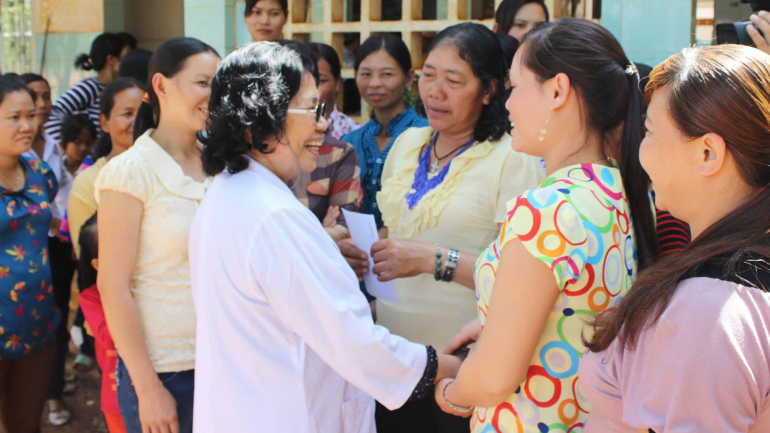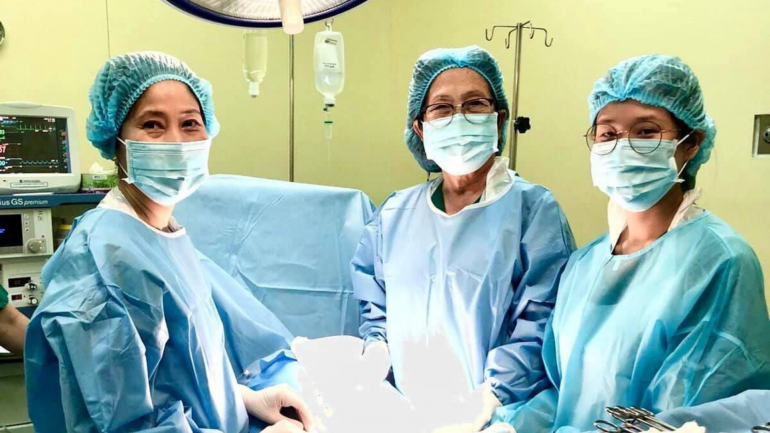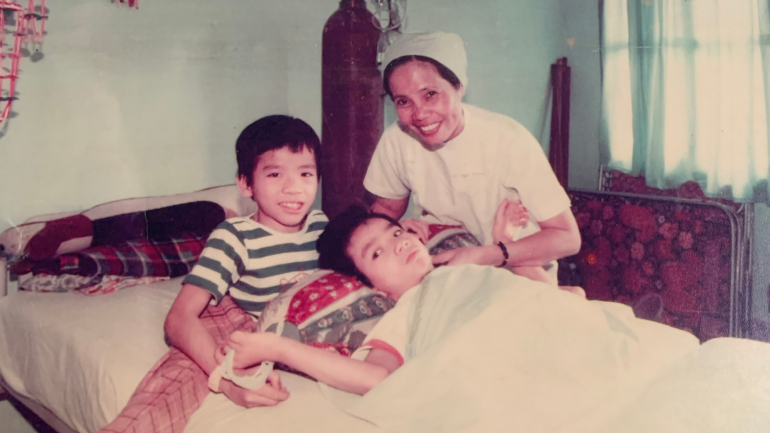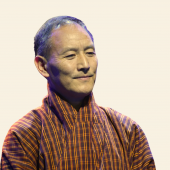Ramon Magsaysay Award 2024: Advocating justice for Vietnam's Agent Orange Victims, a global call to remember

Close to half a century after the Vietnam War ended, Dr. Nguyen Thi Ngoc Phuong still remembers the painful memories of the 20-year battle that claimed more than 3.8 million lives, with more than half accounting for civilians, according to statistics.
The United States, South Vietnam’s ally during the war, also lost over 58,000 soldiers.
However, a non-government and non-profit organization claims that the death toll could double if not triple as cases of exposure to the lethal herbicide known as Agent Orange are coming to light.
From 1961 to 1971, the U.S. military engaged in an aggressive program of chemical warfare and sprayed a range of herbicides across more than 4.5 million acres of the land to destroy the forest cover and food crops being used by the enemy North Vietnamese and guerilla Viet Cong troops.
Apart from the massive environmental devastation of the U.S. defoliation program in Vietnam, that nation has reported that some 400,000 people were killed or maimed as a result of exposure to herbicides like Agent Orange. In addition, Vietnam claims half a million children have been born with serious birth defects, while as many as 2 million people are suffering from cancer or other illness caused by Agent Orange. https://www.history.com/topics/vietnam-war/agent-orange
In the 1960s, Dr. Phuong was a young obstetrician who delivered hundreds of healthy babies in Saigon’s (now Ho Chi Minh City) largest maternity hospital, Tu Du. With the war raging in the background, a number of severely deformed babies were born in the hospital.
In an interview with RVA, Dr. Phuong said that she was shocked to see babies born without limbs, and some with their vital organs outside their bodies. The most horrific sight was a baby born without a brain and another without a spinal cord.
Dr. Phuong said her interest in the unusually high number of infants born with severe congenital malformations sparked her interest to conduct a comparative analysis of birth effects rates from earlier periods, which revealed a marked increase in such cases during the latter part of the 1960s.
“I didn't know why the rate was increasing. So I carried out a retrospective study to compare the rate of birth effects before the sixties and after the sixties. These early findings were instrumental in raising international awareness of the extensive damage caused by the exposure to Agent Orange.”
In 1994, the American Journal of Public Health published a study on Agent Orange and Vietnamese, which cited the persistence of elevated dioxin levels in humans.
According to Dr. Phuong, the study was conducted by a multidisciplinary team of Vietnamese and international scientists. Dioxins is a highly toxic and persistent pollutant linked to cancers, diabetes, birth defects and other disabilities.
“This study examined the position of the elevated dioxin level in human tissue using biological samples, like people's tissue or blood collected from Vietnam between 1970 to 1974 and from 1983 to 1994.”
“Our findings demonstrated significantly elevated concentrations of dioxin among individuals residing in regions heavily exposed to Agent Orange, highlighting the herbicide’s long-term impact on human health and human reproduction.”
With the shocking discovery of the harmful effects of Agent Orange, Dr. Phuong championed the cause of the Vietnam War veterans in seeking justice from chemical companies that supplied the lethal herbicide to the US military from 1961 to 1971.
A special report published in the the United States Institute for Peace website said, “the United States, however, has not acknowledged responsibility for the human suffering caused by its use of Agent Orange in Vietnam, arguing that it was a tactical herbicide, not a chemical weapon.’
Nonetheless, VAVA demands for the US government and the companies that manufactured and sold Agent Orange to assume responsibility for the consequences of their actions.
The struggle has led to the founding of the Vietnam Association for Victims of Agent Orange / Dioxin or VAVA where Dr. Phuong is currently serving as vice president.
The group works to raise awareness both domestically and internationally about the ongoing effects of Agent Orange on Vietnam's population. The organization also provides medical care, rehabilitation, and financial assistance to AO victims. VAVA is also engaged in efforts to clean up areas in Vietnam that remain contaminated by the herbicide specifically in the Da Nang airport and Binh Hoa base support area.
“My primary focus is to improve the lives of Agent Orange victims in Vietnam, including providing care for children and adults with disabilities, many of whom are second or third -generation victims and also the campaign to draw attention to the plight of Vietnam war victims.”
Asked if the campaign could resonate with the American public 49 years after the war ended, Dr. Phuong said VAVA pointed to “good results” in 2007 when they presented the plight of Vietnam war victims in the US through the American Public Health Association APHA.
The APHA consequently came up with a resolution recognizing the association between exposure to the herbicides and health outcomes, including cancers, reproductive illnesses, immune deficiency, endocrine deficiency, nervous system damage, and other effects and possible developmental disabilities and emotional problems in children.
The drive has netted results in terms of getting assistance for Agent Orange victims in Vietnam. “As of 2023, the US Congress has allocated more than $139 million for health and disability programs in eight provinces heavily sprayed with Agent Orange. These programs receive mostly positive feedback from participants, despite their limited scope,” according to the USIP Special Report.
Still, the the international campaign was dealt a serious blow in the French court that tried the case filed by a French Vietnamese woman named Tran To Nga against 14 US chemical corporations that supplied Agent Orange (AO)/dioxin for the US army during the war in Vietnam.
In August 22, 2024, the Paris Court of Appeals rejected an appeal to hold Monsanto (now known as Bayer), Dow and fourteen other agrochemical firms for their role in producing Agent Orange for the US armed forces, citing legal immunity from prosecution as they worked at the order of a sovereign government. Madame Nga immediately vowed to appeal the decision before the Court of Cassation, France’s highest tribunal.
The legal setback and the honor accorded to Dr. Phuong as one of this year’s Ramon Magsaysay Awardees are seen to reignite international concern for the Vietnam War Agent Orange victims.
Asked to comment on her lead role as champion of the Vietnam War victims of Agent Orange, Dr. Phuong said, “I believe that the spirit of community service and the message of hope are timeless.”
“In every war, the most vulnerable are children and women whose voices often go unheard. Yet I hold honor to the hope that it is never too late to right the wrongs of the past, to seek justice, and to bring relief to those who have suffered.”
“My greatest wish is that APHA policies resonate with future generations, reminding them that the full course of war extends far beyond its ends. And as you can learn from the past, we need to strive for peace and ensure that no more lives are scared by the lasting consequences of conflicts.”
Radio Veritas Asia (RVA), a media platform of the Catholic Church, aims to share Christ. RVA started in 1969 as a continental Catholic radio station to serve Asian countries in their respective local language, thus earning the tag “the Voice of Asian Christianity.” Responding to the emerging context, RVA embraced media platforms to connect with the global Asian audience via its 21 language websites and various social media platforms.

















